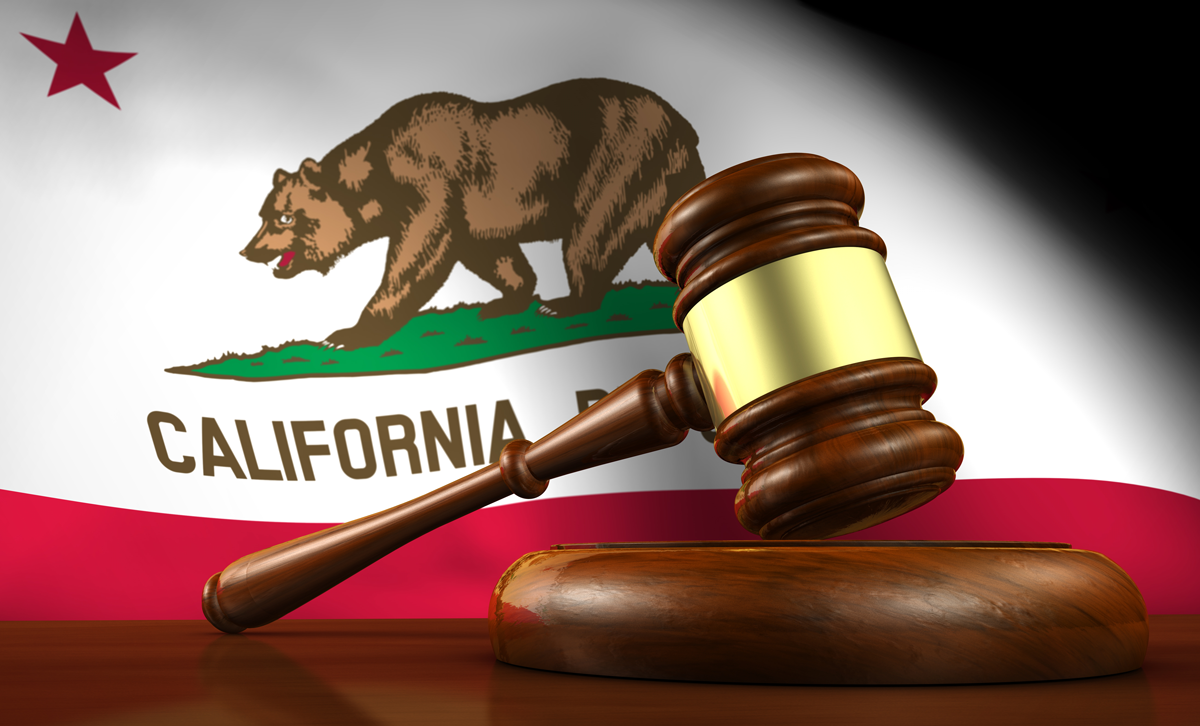South San Francisco, CA December 28, 2017 Submitted by Karen F citing originated from Sierra Star Online
New state laws you should know about
Many new California laws will go into effect Jan. 1, covering a wide range of subjects including the state’s minimum wage, recreational use of marijuana, unpaid maternity and paternity leave, immigration and ammunition purchases. The following is a partial list of new laws addressing numerous issues:
☆ Motorcycle training courses: Authorizes the DMV to accept a certificate of satisfactory completion of any motorcyclist-training program approved by the CHP in lieu of the required motorcycle skills test. Applicants for an original motorcycle license or motorcycle endorsement under 21 years of age continue to be required to complete a novice motorcyclist-training program.
☆ Road maintenance and rehabilitation program: Beginning Jan. 1, the DMV is required to begin collecting at the time of registration or renewal the Transportation Improvement Fee (TIF) ranging from $25-$175, based on the current value of the vehicle.
☆ Buses and seat belts: Effective July 1, 2018, a passenger on a bus equipped with seat belts will be required to be properly restrained by a safety belt. This law also prohibits children between 8 and 16 years of age from being transported on a bus, unless properly restrained by a safety belt or child passenger restraint system that meets federal safety standards;
☆ Parking violations for registration or driver license renewal: Creates a process for low-income Californians with outstanding parking violations to repay their fines and penalties prior to the parking violation being reported to the DMV. It also allows for someone with outstanding parking penalties and fees to obtain or renew a driver license;
☆ California’s minimum wage: California’s new minimum wage in January will be $11 an hour, or $10.50 for businesses with fewer than 26 employees. The increase was passed and signed into law in 2016. The increase gradually raises California’s minimum wage to $15 an hour over the next few years.
☆ Prop 64: Recreational use of marijuana: Gov. Jerry Brown signed 859 bills into law in the past few months, but the one getting the most attention is one approved by voters. Proposition 64 legalized the recreational use of marijuana in November of 2016. However, retail sales of recreational marijuana were not allowed until Jan. 1, 2018. In the new year, Californians age 21 and over can buy up to one ounce of marijuana (28.5 grams) and ounce of concentrates (8 grams). Not all cities and counties, including Madera County, will allow retail sales of marijuana. Sales can only take place in businesses registered with the state.
☆ Marijuana use in cars: Expands existing laws that control the use of alcohol in cars to include the use of marijuana. This law makes it illegal to smoke or ingest marijuana while driving or while riding as a passenger in a vehicle.
☆ Salary history and pay scales: This law prohibits employers from seeking or asking about a job applicant’s salary history, compensation or benefits. It also requires employers disclose pay scales for a position if it is requested by a job applicant.
☆ Sanctuary state: Restricts local law enforcement agencies from communicating with federal immigration authorities about people in custody, except those previously convicted of felonies in the past 15 years.
☆ Student immigration status: Prohibit public schools, including community colleges, California State University and University of California campuses from collecting information about student citizenship or immigration status and that of their families.
☆ Community Colleges: Waives tuition fees for one academic year to first-time students who are enrolled in 12 or more semester units and qualify for aid under a FAFSA or California Dream Act application.
☆ Medical records: Allows low-income Californians to receive copies of their medical records at no cost when applying for public benefit programs such as Medi-Cal, CalWORKs, CalFresh and veterans benefits.
Not all new laws waited until Jan. 1 to go into effect. The state’s gas tax went up 12 cents per gallon on Nov. 1, 2017, to pay for pothole repairs and improve public transit. Some laws will take longer to be implemented, like SB179, which will allow Californians to choose their sexual identity on their driver’s license as either female, male or non-binary, and AB485, which will require that stores only sell animals that come from rescue organizations.